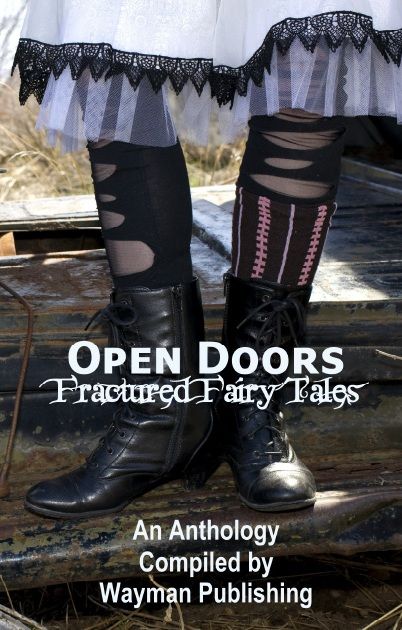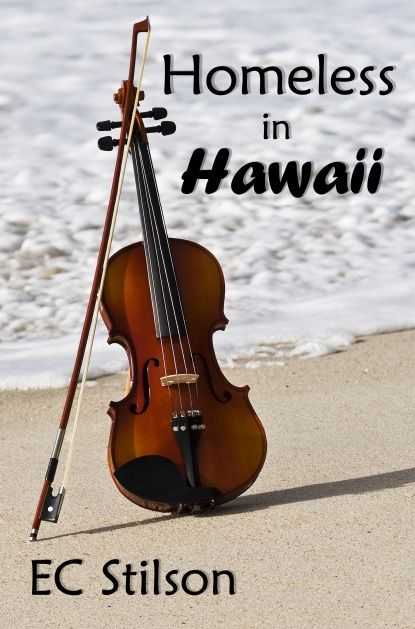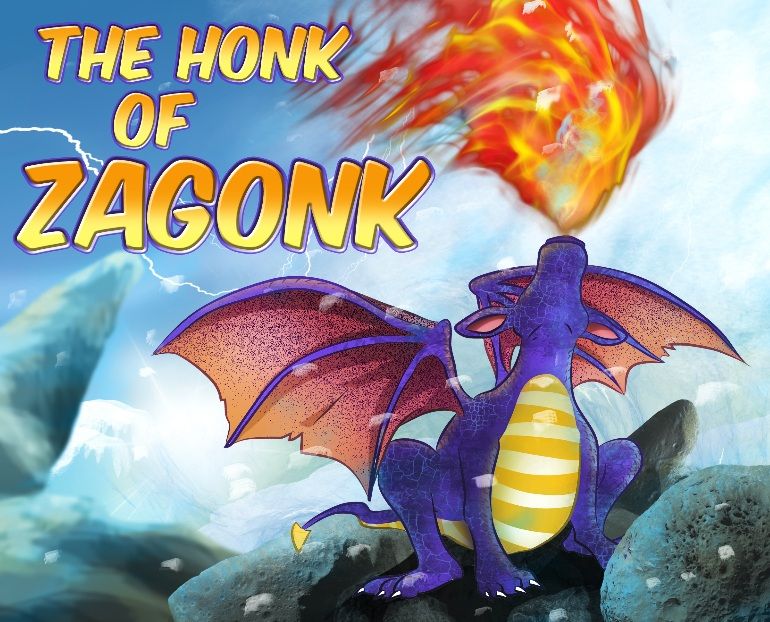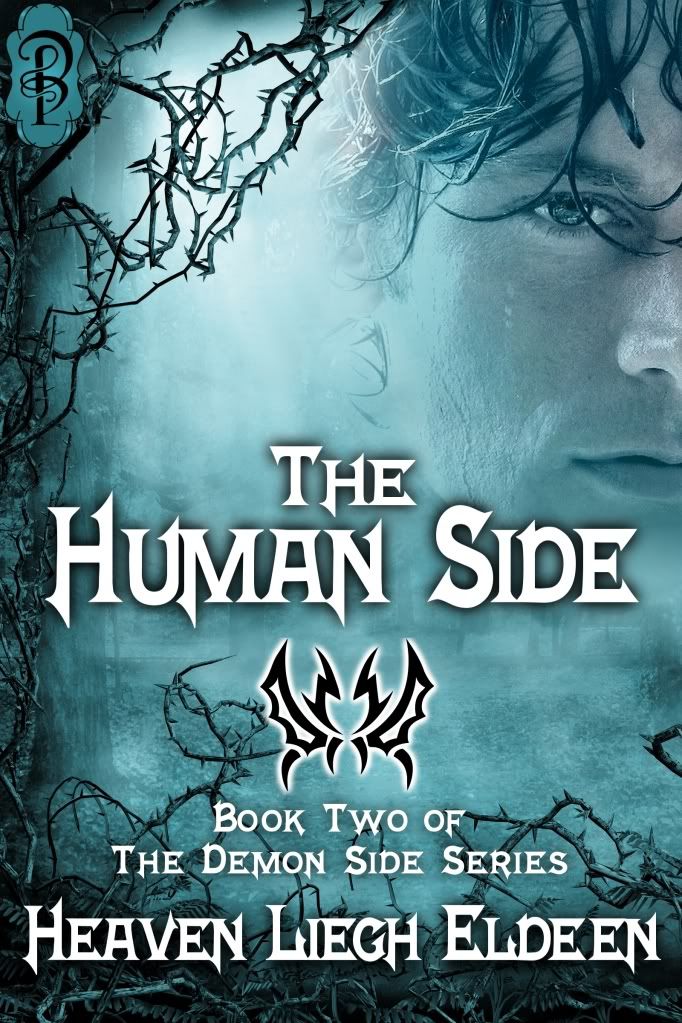As
you know from my past postings, I’ve completed the manuscript for a historical
novel entitled The Reluctant Spy.
During the thirteen years I’ve worked on this manuscript, it’s gone through
four incarnations. The first version—written in the late ’90s and entitled “Who
Is He for You?”—was a series of monologues spoken by the characters who peopled
the Gospel of Luke. Friends described these monologues as “spiritual
reflections” or a “devotional” book. No viable novel here.
Ancient Gospel manuscript page.
In
2001-2002, those reflections became “almost a novel,” when I introduced a
character named Ephraim. The twenty-seven monologues became its ribs. Ephraim’s crisis of faith was the musculature holding those ribs
together.
A
wondrously kind editor, Susan Tobias, praised the writing, but turned down the
manuscript, which was entitled “The Jesus Interviews.” She said that it was too
predictable because most people know what happened to Jesus. Moreover, the
manuscript too closely followed his life as an itinerant preacher.
Judy Koll Healey, a friend and published historical novelist, helped me understand
what I needed: dramatic tension. She noted that the manuscript was about a man
finding his way with the focus on the way. To create a novel, I needed to focus
on the man.
It
took me the rest of 2002 to understand what Judy was trying to tell me and to
devise a plot that would put Ephraim squarely into a dramatic situation that
would reveal the depths of his character and his struggle through a crisis of
faith. To do that, I had to move away from Jesus and let the manuscript become Ephraim’s
story.
In
2003, while writing version three—“The Yeshua Spy: The Plot to Kill Jesus”—I
had trouble with Jesus, whom I was now calling Yeshua (his Jewish name). He
tried to take over the second half of the book. I had to wrestle the manuscript
away from him in order to keep the dramatic tension and suspense provided by Ephraim.
Readers know what happens to Yeshua, but not to Ephraim who is wholly fictitious.
It was in Ephraim that I had to find the story arc that would keep readers reading.
After
completing this third version, I asked Vince Skemp, a professor at the College
of Saint Catherine in Saint Paul, Minnesota, to read the manuscript and advise
me as to its authenticity. While helping me realize how little I really knew of
the first century and Yeshua’s Jewishness, Vince thoughtfully provided me with
an extensive reading list. The books on that list impelled me to write the
fourth incarnation: The Reluctant Spy.
Wanting
to steep myself in first-century Judaism, I spent most of 2004 and 2005 reading
Jewish and Christian biblical scholars. However, The Reluctant Spy is a novel, and I’ve taken many liberties in
presenting Ephraim the Pharisee, Daniel the Sadducee, Chaviva the Jewish wife, John
the Baptizer, Yeshua of Nazareth, Hashem the Almighty, and Miryam of Magdala.
Icon of Mary Magdalene.
One
such liberty involves Hanina ben Dosa, a first-century Jewish Hasid. A real
person, he was born about ten years after Yeshua. However, for purposes of the
novel, I had him be a contemporary of Yeshua. Another liberty I’ve taken
enables Ephraim to travel freely throughout the Galilee without worrying about
the purity laws embraced by the Pharisees.
If
this manuscript—the fourth attempt to “get it right”—ever gets published, the biblical
scholars I read may not recognize their own expertise. Yet what they wrote inspired
me with a desire to show Yeshua as both Jew and human being: a man who walked
the roads of the Galilee and believed that Hashem called him to proclaim the
kingdom.
My
reading also dramatically changed the bias I’d always had against the
Pharisees. The Gospels present them in a negative light because of the times in
which the evangelists wrote. Modern scholarship has definitively shown that the
ordinary people of Palestine in the first century of the Common Era admired and
respected the Pharisees, a small group of devout Jews who sought to make holy their
own actions for the good of their people.
Among
the books I read, the following proved most helpful in understanding the
Pharisees, Judaism of the first century of the Common Era, and Yeshua as a Jew:
Jesus of Nazareth: King of the Jews
by Paula Fredriksen; Jesus the Pharisee
by Hyam Maccoby; The Historical Figure of
Jesus, Jesus and Judaism, Jewish Law from Jesus to the Mishnah,
and Judaism by E. P. Sanders; and Jesus in His Jewish Context, Jesus the Jew, and The Religion of Jesus the Jew by Geza Vermes.
For
the Epilogue, I relied on Wanderings:
Chaim Potok’s History of the Jews. In it, I discovered what might have
happened to Ephraim late in his life. Several other scholars provided food for
thought as I tried to put myself back in the time in which Yeshua lived. I also
consulted multiple reference books for names, maps, Roman and Jewish culture,
and biblical background.
The Galilee circa 50 CE.
All
this research took time. Writing, editing, and polishing the manuscript has
taken more time. And now—in December of 2012, thirteen years after I began
working on this proposed novel—has come the time of looking for an agent.
Next
Sunday, I’ll share with you what searching for a literary agent entails and what’s happening
with my own search, which began this past Monday. Are any of you seeking representation from an agent? If so, I'd so like to read what's happening in your search.
Postscript: I just reread last Sunday's posting and realized that I'd said that this Sunday I'd tell you about my spelling woes in high school. Oophs. When I sat down to write today's post, I totally forgot that commitment. So next Sunday, I'll post on spelling and the nun who said, "Stop putting me on, Dolores!" Then I'll return to researching background for novels and writing them.
All art and maps from Wikipedia.


_-_James_Tissot.jpg)










